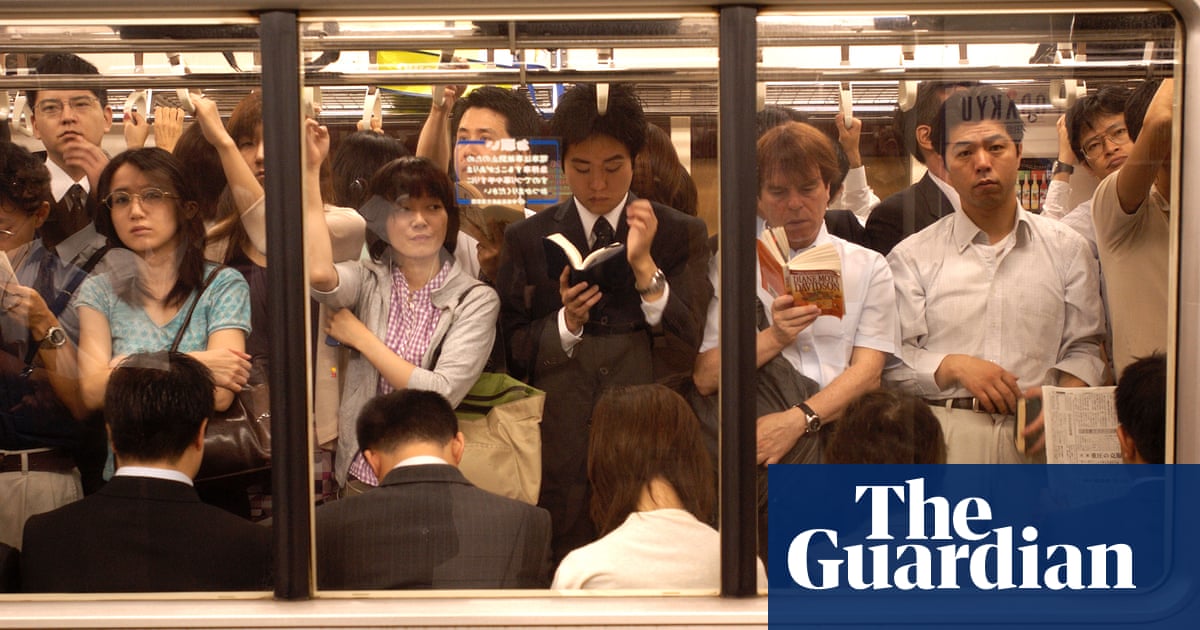In Japan, a rapidly increasing number of employees are opting to use third-party resignation services, often to escape hostile work environments. The shift signals a change in Japan’s workforce attitudes, most notably among younger generations influenced by the COVID-19 pandemic and reevaluating their work-life balance.
25-year-old Mari (name changed for anonymity) had just started working at an online bank in Tokyo when she decided to quit. She found herself working late hours consistently, dealing with an abusive boss, and navigating an overall oppressive work environment. Like many Japanese employees, Mari felt stuck. She was unable to confide in her boss about her thoughts of leaving.
Mari turned to Momuri, a Tokyo-based agency that offers proxy resignation services for those who cannot face delivering their resignation personally. The company has experienced a significant surge in demand since they began offering this service two and a half years ago. According to Shinji Tanimoto, the head of Albatross – the firm that runs Momuri, some applicants are naturally reluctant, but many others have been subjected to harsh treatment, including harassment and violence from employers. Tanimoto said these employees are often at their wits’ end when they approach Momuri.
These resignation services highlight the glaring gaps in Japanese work culture, most notably pertaining to harsh treatment of employees, lack of support for mental health, and reluctance or inability by employers to provide a conducive work environment. Employers in Japan face ongoing challenges tied to the country’s low birthrate, resulting in chronic labor shortages. The situation is forcing companies to go to extraordinary lengths to retain their workforce.
Upon reaching out to Momuri, clients are asked to answer a questionnaire, sign a contract, and pay a fee based on their employment status. Then, one of Momuri’s staff calls the employer to submit the resignation on behalf of the client. The entire process, from consultation to submitting the resignation, may take about 20-30 minutes.
The rigid Japanese work culture has been gradually changing, with more workers prioritizing personal happiness and work-life balance. Momuri’s clients predominantly consist of individuals in their 20s, indicating a generational shift in attitudes towards work – primarily driven by the disruption caused by the pandemic.
These resignation agencies are commonly used by Japanese Gen Z employees, borne of a mismatch between their expectations and the resignations viewed as a personal insult by many older employers rooted in Japan’s post-war corporate culture.
However, resignation services like Momuri aren’t only dealing with younger clients. They also receive requests from older employees, illustrating a widespread need for such services. Reaction from employers varies; while some are apologetic, others react aggressively.
The demand for these resignation services sometimes spikes after long public holidays, weekends, or even a rainy day — times when individuals tend to reflect more on their lives. A noteworthy number of employees in Japan have turned to resignation agencies to change jobs in recent months.
To conclude, Japan’s cultural shift towards prioritizing personal well-being over work is increasingly evident. Services like Momuri, although unconventional, are enabling employees stuck in repressive work environments to take a step towards healthier job transitions, thereby serving as a catalyst for altering Japanese work culture.



